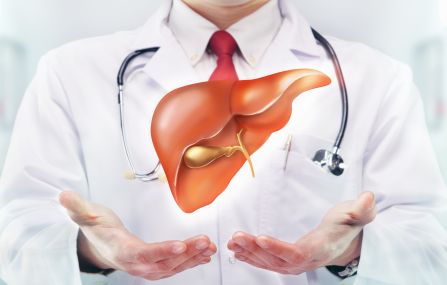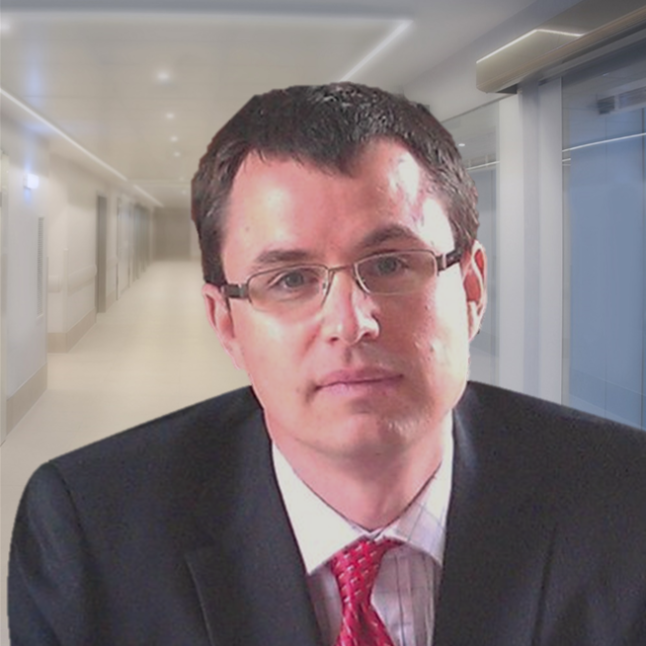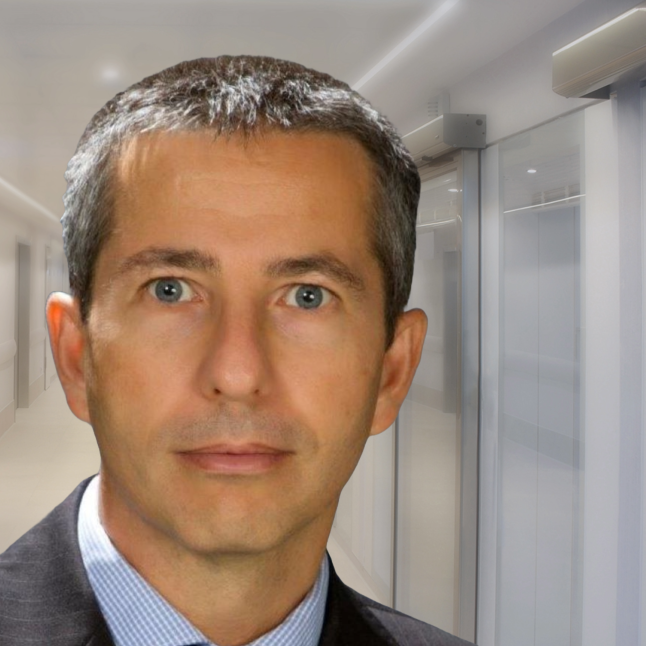 Bile is a fluid produced by the liver necessary for the digestion of fats, which is stored in the gallbladder and from here it is discharged into the small intestine. The formation of a stone or stones in the gallbladder can be responsible for most of the bile-related complaints. These can obstruct the discharge of bile or even cause blockages.
Bile is a fluid produced by the liver necessary for the digestion of fats, which is stored in the gallbladder and from here it is discharged into the small intestine. The formation of a stone or stones in the gallbladder can be responsible for most of the bile-related complaints. These can obstruct the discharge of bile or even cause blockages.
Causes of Gallstone Formation
There could be several reasons for the formation of gallstones. If bacteria get into the bile ducts or the gallbladder and cause inflammation, the cholesterol-rich bile may precipitate on these bacteria, forming a stone. A diet rich in cholesterol can also cause the formation of stones, as it increases the cholesterol level in the bile, increasing the risk of precipitation. Pregnancy can also present an increased risk, because the bile discharge from a ruptured gallbladder due to this or perhaps another reason is not completely free, the crystals can also precipitate in this case.
What Complaints Can Gallstones Cause?
The most common symptom is a sharp, cramping pain under the right rib cage after eating when the bile containing stones is discharged from the gallbladder. The stones can also cause blockages, which can exacerbate or prolong this pain. Other symptoms can include pain radiating to the stomach or back, digestive problems, bloating, or even vomiting.
Gallstones can also be present symptomlessly in the gallbladder. These can be detected by screening and in such cases, regular follow-up is important.
When is Surgery Necessary?
Surgery is recommended in case of pain or symptoms.
If the stone is larger and does not cause complaints, the removal can be postponed, but regular ultrasound examination is necessary to monitor the changes.
If the stones are small, they can get into the bile duct during discharge and trigger pancreatitis. Therefore, in this case, it is important to proceed with the surgery as soon as possible to prevent complications.
Risks of Delaying Surgery
Persistent gallstones can cause chronic inflammation in the gallbladder and lead to further complications: bile ducts can become obstructed, an ulcer can develop in the gallbladder, stones entering the intestine can cause intestinal obstruction very rarely, or can even initiate the development of a gallbladder tumor.
Before the Surgery…
If it is clear that we have gallstones, as before any surgery, a specialist examination is required. During this, we assess the exact size, location of the stones, the extent of possible inflammation, and other circumstances.
If the presence of gallstones is uncertain, because although the symptoms primarily suggest this, the ultrasound examination does not confirm the presence of gallstones, a stomach-duodenum endoscopy is performed to ensure an accurate diagnosis.
Before the surgery, it is recommended to take medication that aids bile flow, depending on the condition of the gallbladder, pain reliever, anti-inflammatory medication or antibiotics may also be needed.
As part of the pre-surgery examination, the appropriate laboratory tests, EKG and chest x-ray are required, as well as consultation with an anesthesiologist, who will determine the individual methods of anesthesia and pain relief to be applied.
What Happens During the Surgery?
During the procedure, we remove the entire gallbladder. If we only removed the stones, they would reappear within a few months.
We most often remove the gallbladder by a gentle laparoscopic procedure under anesthesia, so-called "keyhole surgery". The essence of this is that we make a small incision at the navel, through which we introduce the camera. We make 2-3 additional incisions under the rib cage, and with the tools introduced through these, we remove the gallbladder without opening the abdominal cavity.
If this solution is not possible for some reason, we perform the surgery on our patients in the traditional way, with an incision under the rib cage.
If gallstones form in the bile duct, or they get there from the bladder, it is possible that the surgeon will remove the stones from the duct without surgery, by leading the camera down through the mouth endoscopically. If this is not possible, surgery is also performed in this case.
What to Expect After Surgery?
Our patients receive pain medication before the surgery, and we numb the surgical area with an injection. This reduces the perception of pain after the surgery.
Further pain relief takes place after the surgery, which also has an anti-inflammatory effect: thanks to this, edema, tissue swelling also subsides sooner.
Despite all these, pain can be expected in the first few days after the surgery.
Following the surgery, the bile from the liver is directly discharged into the duodenum, therefore in the first month looser stools, diarrhea, a feeling of fullness, bloating can be expected, which can be regulated by a diet - consuming easily digestible, non-bloating foods low in fat. In case of diarrhea, the consumption of dietary fiber is recommended, which can bind bile acids. Within a month, the bile duct dilates and takes over the function of the bladder.
The Recovery Process
Fatigue may occur in the first week, this can be counterbalanced with home rest. In the second week, physical activity not requiring exertion, e.g. office work, or reduced working hours activity can already be performed, this is always to be considered individually. More strenuous activity, sports can be started after 3-4 weeks.
The price does not include the cost of the pre-surgery examinations and the post-surgery nursing package, as well as the price of any special tools that may be needed during the surgery.
-
Gallbladder removal (laparoscopic or traditional)From 750 000 Ft








